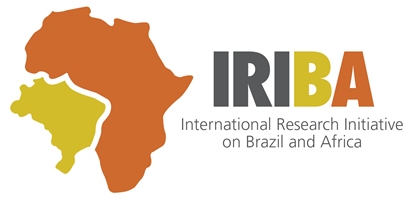Most of the research on Bolsa Família looks at its aggregate impact at a national level, so IRIBA researchers decided to focus instead on what happens to school attendance and the labour supply at the municipal level.
This week, Dario Debowicz talked PhD students at the Brooks World Poverty Institute through the detailed methodology involved:
The research found significant differences in outcomes across municipalities for certain outcomes. Adult labour force participation rates, for example, rise with programme coverage at the municipal level. Female school attendance also rises much more significantly in poorer municipalities than those that are better off.
These results suggest that Bolsa Família has had positive and stronger effects on the more disadvantaged municipalities.
Read the working paper: ‘Antipoverty transfers and inclusive growth in Brazil’.
